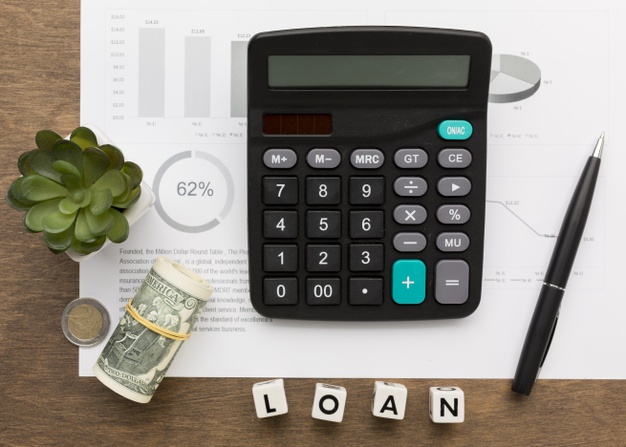One of the best things you can do for yourself when looking for a new home, other than remaining realistic, is to acquire financing before even beginning your search. Think about the buying power you have when you walk into a car dealership with a check in hand and ready to purchase. The same holds true when buying a home. Sellers like the fact that you are obviously ready to buy, and you will be able to look at homes with confidence since you know what you financially qualify to buy. After all, it would be a shame to spend a lot of time looking at houses in the $275,000 range and fall in love with several of them only to later find out that the most financing you can qualify for is $200,000. All the $200,000 homes will probably look pitiful next to the more expensive homes you had already viewed. It is better to know ahead of time and have a realistic expectation of the sort of home you will be able to buy.
How Much Can You Afford?
RENT VERSUS MORTGAGE
Mere numbers don’t tell the whole story.
Many lenders tout the idea that mortgage payments can wind up costing people less than renting. Renters look at this sort of claim and think “Well then, why couldn’t I be a homeowner?” Although it is true that in a good number of cases mortgage payments can indeed cost less than some rental payments it is imperative to remember that a mere mortgage payment is not the whole picture. There are so many other costs associated with owning a home; there are property taxes to pay, homeowners insurance to keep current, and don’t forget that when something breaks in a house you own then it’s your responsibility. Renters can merely call their landlord to get things fixed; homeowners need to dig into their own pockets. So when you are budgeting for your mortgage payment be sure to take into consideration the fact that your mortgage payment will be merely a portion of the monthly cost associated with owning a home. You should be able to put money away every month for a repair fund, and you should also be able to pay for any additional insurance, such as flood insurance, without it causing a big trauma to your bank account.
Mortgage is considered “good” debt.
Something odd happens when you become a homeowner … suddenly creditors are chomping at the bit to finance you for whatever credit you want. It is as if having a mortgage payment on your credit report suddenly makes you a viable credit risk. Although it is true that there is something kind of cool about being able to check “own” instead or “rent” on credit applications you need to make sure that you don’t get carried away. Every new credit account that you open after you purchase your home has the potential to drive you deeper into debt. Sure, a mortgage is considered an acceptable debt and the vast majority of homeowners in the United States carry a mortgage on their home, but you still need to use caution when using this to your advantage.
Renters can just walk away.
When renters sign a lease they enter into a legal commitment to stay in a residence for a certain number of months or years. If they break the lease and are unable to find a replacement tenant they are then obligated to pay the amount of money in rent that they would have paid if they had kept the lease. Homeowners, on the other hand, do not necessarily have a cut-and-dry method of egress like renters do. If a homeowner walks away from a home and a mortgage obligation then they will face foreclosure. The home will be auctioned off to the lowest bidder, and the previous owner will still be legally obligated to pay any deficit owed to the bank. This means that if your home is foreclosed on with a mortgage balance of $100,000 and then the auction yields a buyer who bids $75,000 then you are still obligated to pay the deficit of $25,000,
even though you no longer reside in the home. There is simply no walking away from a home when a mortgage is attached.
Don’t stretch yourself.
If you’re looking at your potential budget and you notice that there will be very little money left over each month then you need to
lower your expectations in a home. You don’t want to stretch yourself too thin and you need to make sure you will have an abundance of cash left over each month, otherwise you are just asking for trouble to knock at your door. It is hard to think in a practical way when you find a home, which you adore. You might find yourself trying to finagle your budget to make it work. You might even talk yourself into believing that you can cut some corners or temporarily take on a second job. You shouldn’t let your emotions rule you when you are figuring out what you can afford. Now is the time to think in a practical manner so you don’t find yourself in a tight situation down the road.

